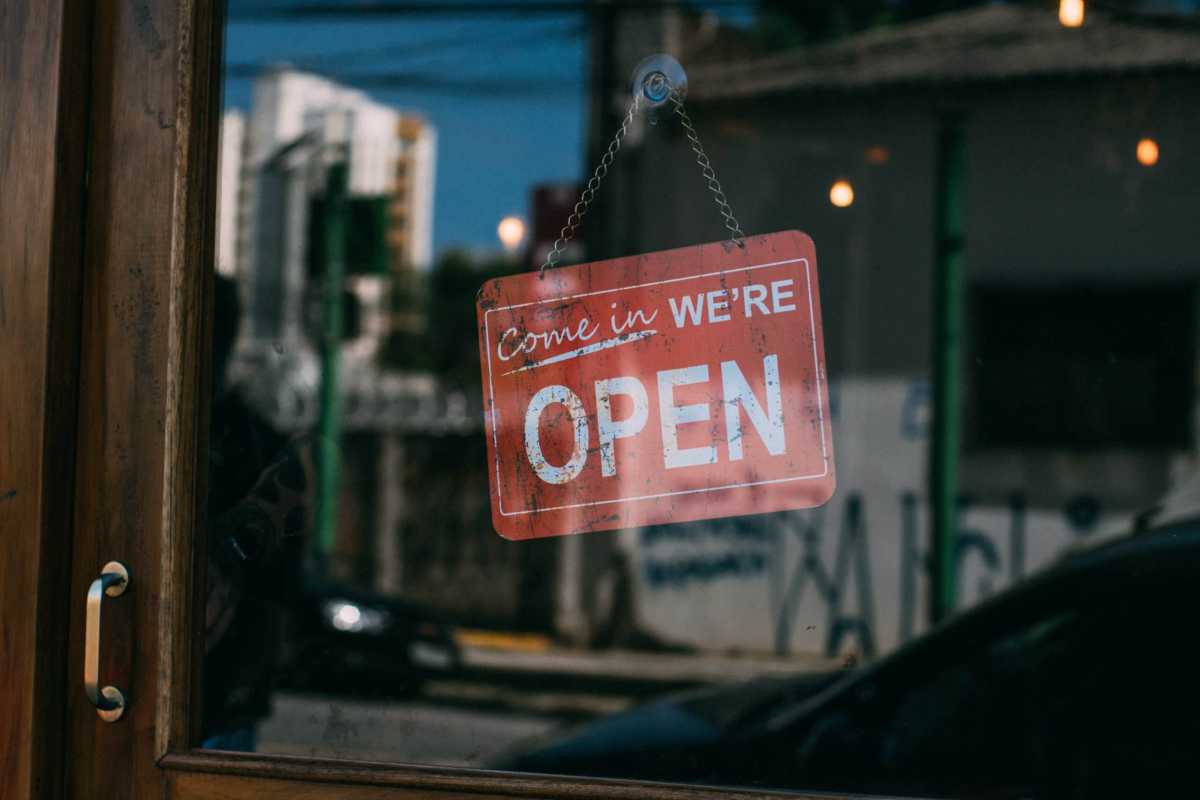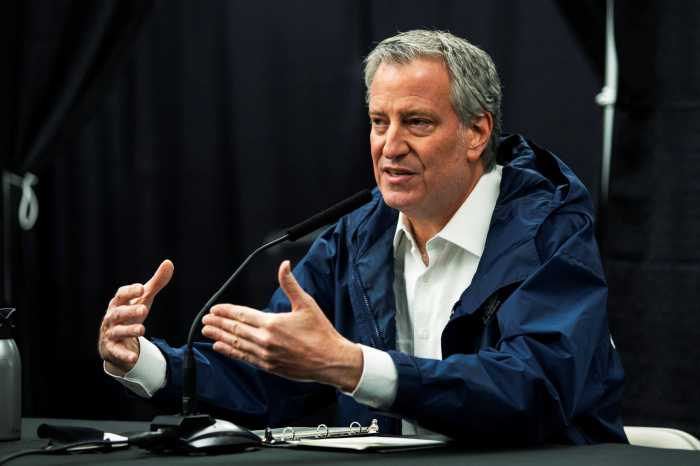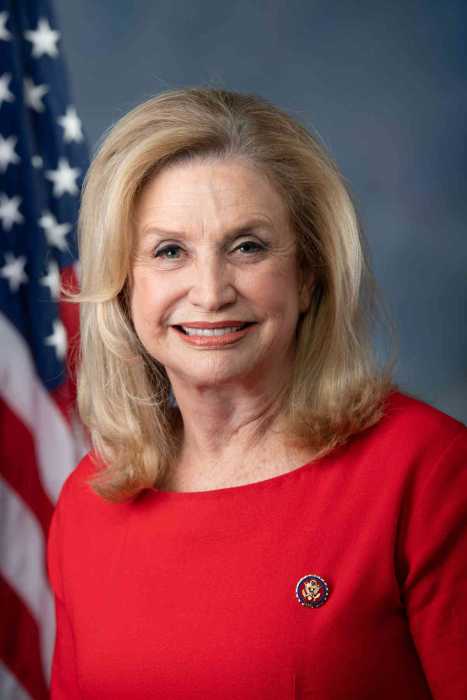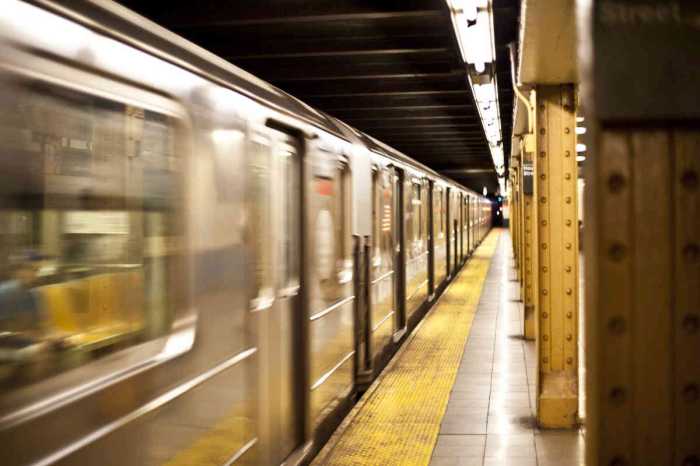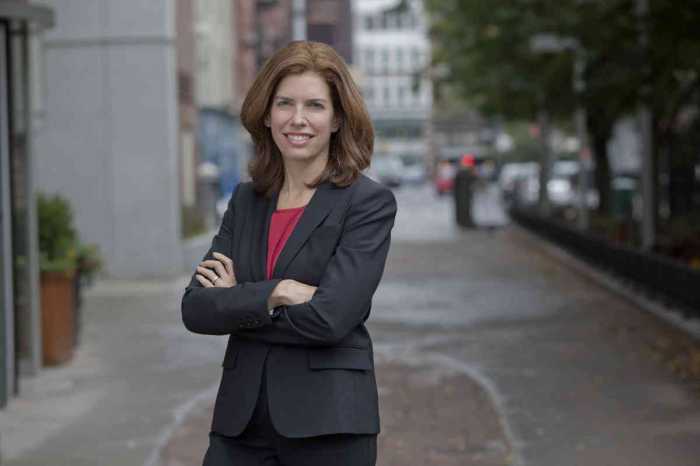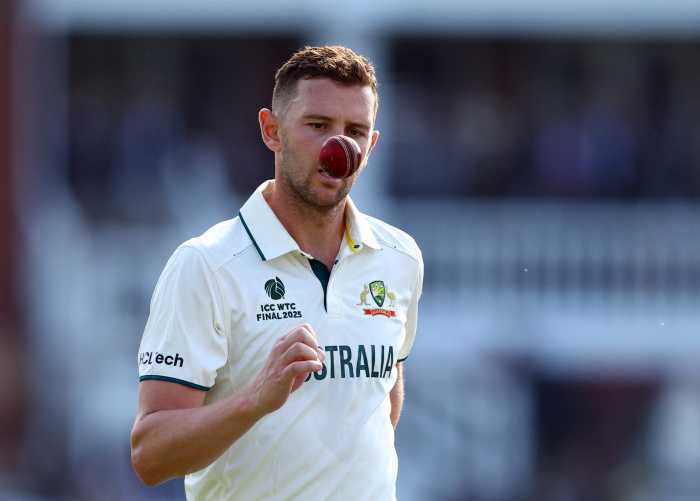If we’re serious about fighting against structural racism and building back a stronger economy, we must meet that challenge with concrete action in our commercial corridors across the City — especially amid the holiday season.
Minority and women-owned businesses (MWBEs) are essential to our local economy. These enterprises generate strong community wealth from Flatbush Avenue to Nostrand Avenue, from Graham Avenue to Broadway. They are at the core of our city’s cultural identity, but are bearing the brunt of our economic crisis — and they need our immediate help to stay afloat or risk closure, costing both jobs and livelihoods for thousands of Brooklynites.
This isn’t just about a paycheck — it’s about dignity and self-worth for so many of our fellow New Yorkers. It’s about our local neighborhood anchors that define our streetscapes having a fair shot to make it.
Amid the COVID-19 pandemic, which has disproportionately impacted communities of color, particularly Black and Latinx Brooklynites, we know the severe impact on our vulnerable populations – our immigrants, seniors, and people with disabilities. These are communities that have already endured decades of disinvestment and barriers in the economy, health care access, education and other services.
The numbers are truly alarming. This past summer, our office released a survey of more than 500 MWBEs — 85 percent of City-certified MWBEs reported they cannot survive the next six months given their current cash on hand. 85 percent! And 30 percent of City-certified MWBEs said they cannot survive the next thirty days or less. That survey additionally found that 60 percent of MWBEs that competed for COVID-related City contracts were not able to make contact with the City and only ten MWBEs reported actually receiving a contract.
These findings underscore the structural inequities facing MWBEs and the urgent need for immediate action and relief.
Last week, our office published our annual “Making the Grade” report which evaluates how well the City is creating economic access and opportunities for MWBEs. Our analysis found that MWBEs continue to face persistent structural inequities, as 80 percent of City agency grades measuring MWBE spending and transparency either remained stagnant or declined since 2019.
Of the $22.5 billion in contracts the City awarded in FY 2020, an abysmal 4.9 percent were awarded to MWBEs. Overall, the City earned its second passing “C” grade after four consecutive years of “D+” grades.
The City has a major role to play in supporting and hiring MWBE contractors to undertake a variety of essential work. That’s why holding City agencies accountable and continuing our efforts to identify and dismantle systemic barriers to participation is critical to supporting MWBEs through this crisis.
We need new transparency and accountability measures in the contract registration process. Specifically, the City should be required to provide documentation and market analysis as evidence that it is meeting its MWBE goals.
The City should also mandate unconscious bias training for all employees; develop a targeted plan to address areas where there is low MWBE utilization even when there is MWBE availability; establish a program to pay MWBEs and small businesses for their upfront overhead costs; require transparent timelines for RFP awards and provide feedback to vendors that did not receive awards; revive MWBE programs by creating federal, state, and local set asides, and connect MWBE goal outcomes to cabinet-level performance.
Our economy is strongest when it is inclusive and representative of our city’s diversity. We need real reforms and meaningful action right now to protect our small businesses and our economy especially amid the holiday shopping season. It is a failure of government that, in the face of our MWBE community’s severe economic distress, the City showed little to no improvement this year toward reaching MWBE spending goals.
As we work to rebuild our economy, we must ensure that Brooklyn’s minority and women businesses owners have the tools, resources, access, and opportunities to participate and share in an equitable recovery.
Scott M. Stringer is the New York City Comptroller, who is running for mayor in 2021.


